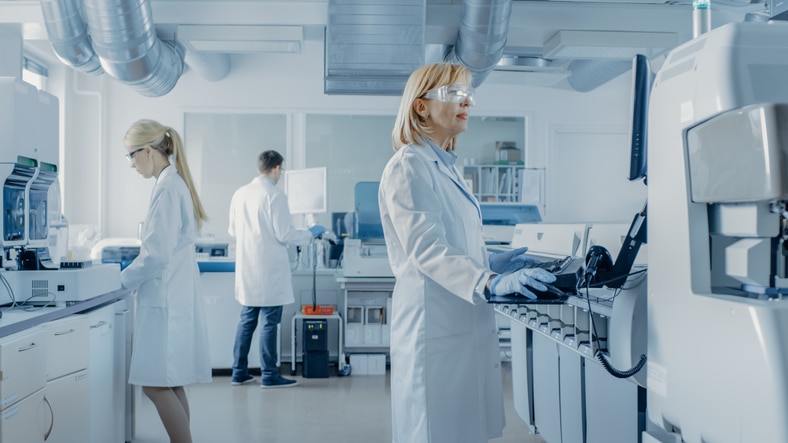
Professionals working in regulatory affairs help to ensure that products and processes comply with the existing quality control laws and regulations. This ascertains that products are developed and sold in a safe and secure manner. This is especially important in the realm of pharmaceuticals, where products can sometimes be life-saving and their safety and efficacy is of utmost importance.
Recently, biotechnology has picked up steam as a set of processes that can aid in the advancement of pharmaceutical development and innovation. Regulatory affairs professionals should be particularly interested in biotechnology for how these technologies may be monitored and standardized to ensure compliance. Read on to find out more.
An Introduction to Biotechnology
Despite its futuristic name, biotechnology refers to real processes that are widely applicable to different industries within science, technology, nutrition, and pharmaceuticals. It refers to the application of biological entities to create and/or modify products and processes. These entities can be:
- Biological systems,
- Living organisms, or
- Derivatives of biological systems or organisms
Biotechnology means the use of biological entities to create or modify thin
Biotechnology has the potential to revolutionize industries with its innovative and unique approaches.
Pharmaceutical companies have begun to use biotechnology in the ways drugs are manufactured, as well as in processes like gene therapy and genetic testing. Today, most large pharmaceutical companies are pursuing biotechnology approaches either through the acquisition of biotechnology companies or by developing their own biotechnology divisions. Biotechnological approaches are becoming a major part of the pharmaceutical industry, and are influencing our daily lives.
How Biotechnology Has Bearing on the Pharmaceutical Industry
The pharmaceuticals industry is undergoing fundamental changes due to advances within biotechnology. Engagements with biotechnological methods can help the pharmaceutical industry develop new products, processes, methods, and services by which pharmaceuticals are researched, tested, and manufactured. Today:
- 15% of drug revenues are derived from pharmaceuticals influenced by biotechnology
- More than 25% of all substances in pre-clinical testing rely on biotechnology
- Important areas where pharmaceuticals engage with biotechnologies are those that treat metabolic disorders, cancer, infectious diseases, and disorders of the musculoskeletal system
Many pharmaceutical products today already integrate biotechnological methods
It’s clear that the pharmaceutical industry already uses biotechnological principles within the development and testing of drugs.
What Biotechnology Means for Regulatory Affairs
With the increase in popularity of biotechnology, and with companies and research bodies worldwide seeking new applications of biotechnology principles, pharmaceutical regulatory affairs is required to catch up. The emergence of biotechnology has caused changes in drug regulation on an international level.
Many therapeutic drugs are already bioformulations, researched and developed based on biotechnological principles. These include:
- Antibodies
- Nucleic acid products
- Vaccines
Regulatory affairs professionals must be mindful of the specific challenges presented by biotechnologies
Regulatory bodies have adapted to accommodate for the unique ways these products are created. However, with the broadening of biotechnological applications, new challenges present themselves. Regulatory affairs industries will have to develop new, rigorous quality control processes specifically suited to biotechnology. Biotechnological products are slowly becoming a normal part of our everyday lives, and regulatory affairs workers need to work to incorporate this knowledge into their practices to minimize harm and danger.
Applications of Pharmaceutical Biotechnology: Recombinant DNA
One of the ways biotechnology intersects with the pharmaceutical industry is through recombinant DNA technology. This is a method by which molecules of DNA from different species are inserted together into a host organism, to produce variant genetic combinations with beneficial applications.
Recombinant DNA is one application of biotechnological principles
During this process, the DNA or RNA is extracted from the biological samples. Next, suitable host cells are found that will be able to adequately express the protein. Last, the protein is engineered in order to generate its manufacturing-suitable form.
This process is used widely in the current pharmaceutical industry. Using recombinant DNA technology, a variety of drugs have been manufactured, including:
- Coagulation modulators
- Enzymes
- Hormones
- Anti-rheumatoid drugs
- Hepatitis-B vaccines
Do you want to enroll in regulatory affairs programs?
Contact AAPS for more information!







